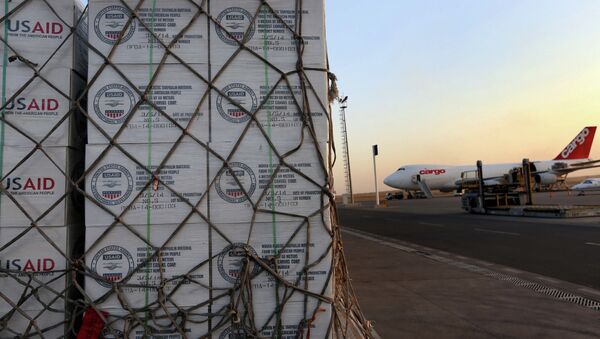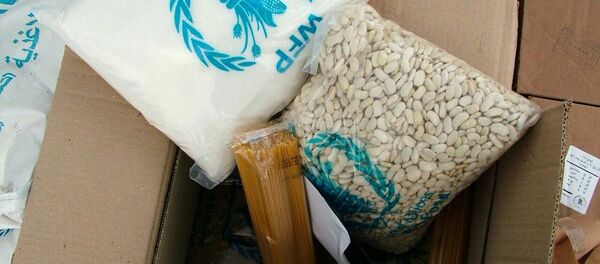According to officials from the US Agency for International Development (USAID), some partners, charged with handling contracts, picked their winners based on the size of a bribe, offering little to no inspection of the contents of supplies. This led, in one instance, to the use of salt as the sole element in a shipment of "food ration kits." In another instance, investigators found a warehouse in Syria containing useless frying pans and tiny tarps too small to be used by adults.
According to USAID Inspector General Ann Calvaresi Barr, the agency has received 116 complaints of alleged abuse and has opened 25 investigations.
USAID insists that no aid was diverted to terrorist group Daesh, though some reportedly ended up with al-Qaeda's Nusra Front. The Government Accountability Office (GAO), however, warned that USAID likely is not aware of how much money has been lost to fraud.
"I don't think they've done the work to address that, nor have they thought about what is their risk tolerance," said GAO International Affairs and Trade Director Thomas Melito.
"Absent assessments of fraud risk, implementing partners may not have all the information needed to design appropriate controls to mitigate such risks," Melito asserted. "In addition, state and USAID officials may not have sufficient awareness of the risk of threat or loss due to theft."
Melito underscored that US humanitarian aid reaches only 4 million of some 13.5 million people in need. Any case of fraud, he said, "is literally taking food out of the mouths of babies."
The GAO said USAID and the State Department have agreed to its recommendations, but Melito said that more can be done.



